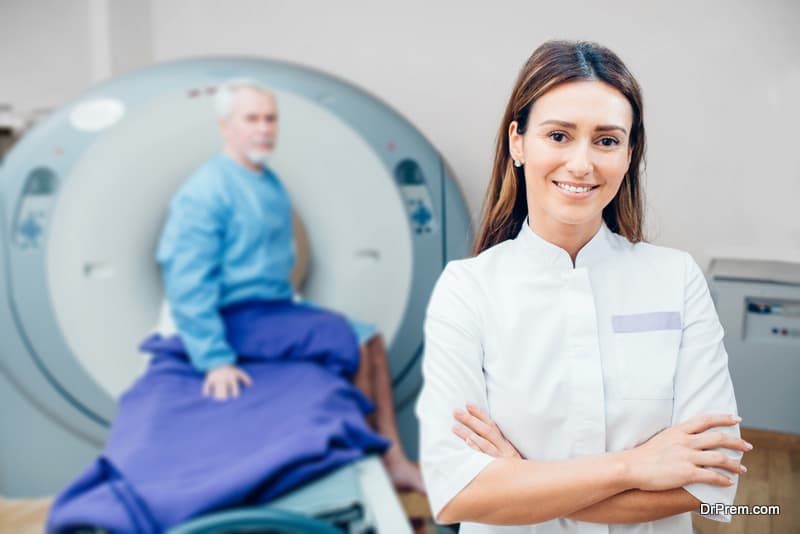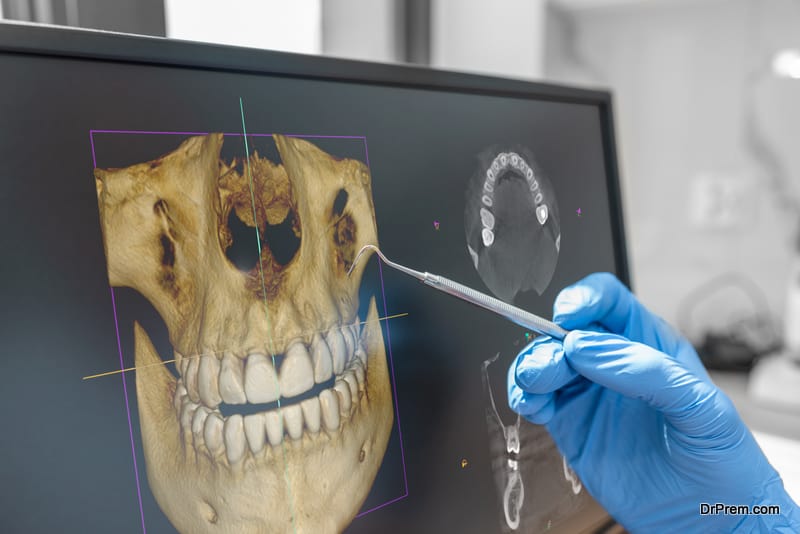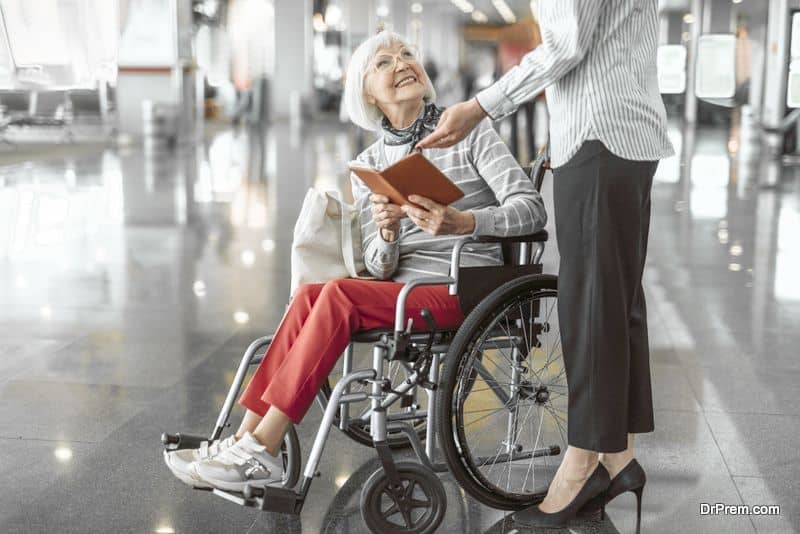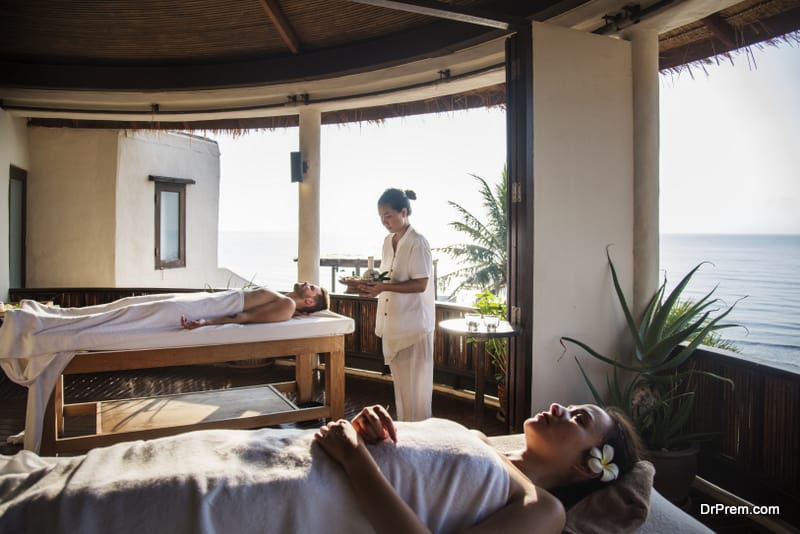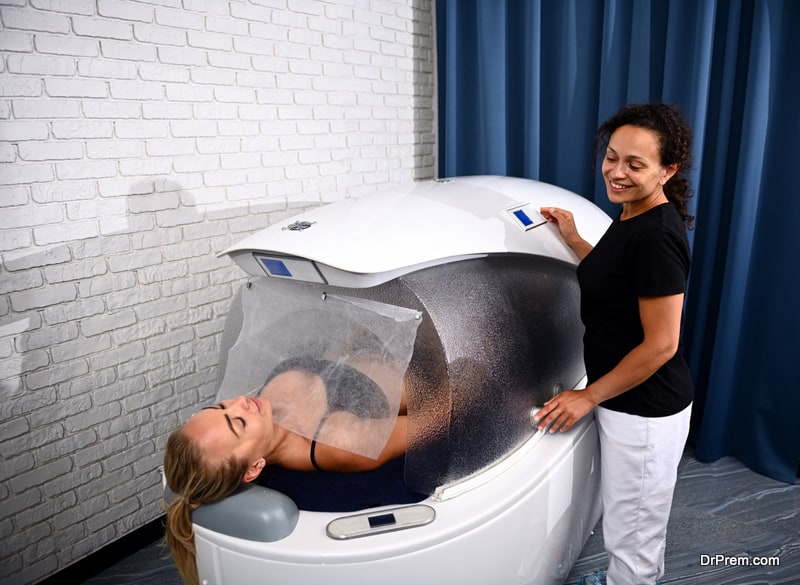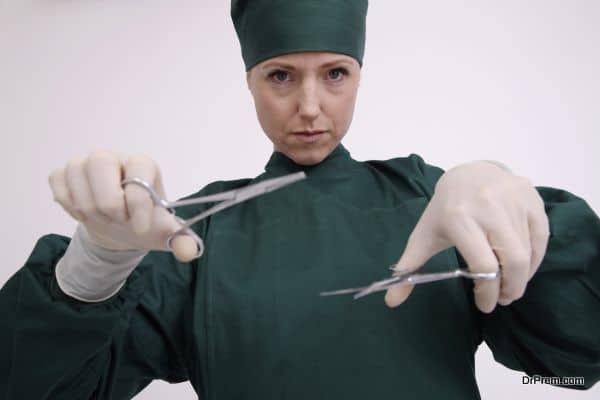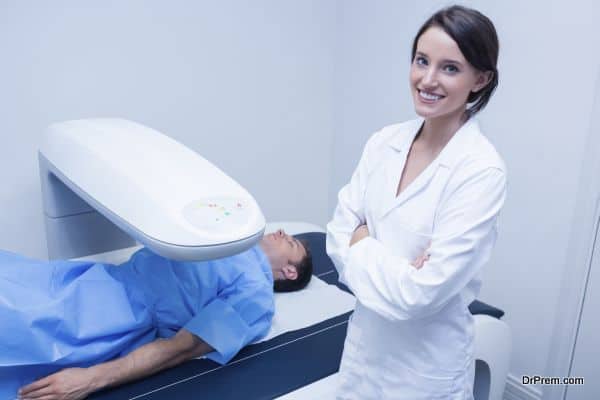Medical tourism in Georgia holds incredible untapped potential waiting to be explored. Georgia is poised to become the medical tourism hub in Transcaucasia offering transformative healthcare and wellness experiences.Georgia’s favorable geographical location makes it the most preferred medical tourism destination for many nationals.
Georgia’s prime attraction is affordability. Therefore, its main customers are patients from the bordering post-Soviet nations. Georgia has made great advancements in specific medical treatments, which are at par with global standards. The country’s rich natural resources further add to the attractiveness of medical tourism. This guide explores various growth aspects, facts, trends, opportunities, and challenges for medical tourism in Georgia.
Guide to Medical Tourism in Georgia – Facts, Trends, News, Services, Research, Business and Updates by Dr Prem
-
Why medical tourism in Georgia?
-
How is the Healthcare system in Georgia?
-
Top source countries for medical tourism in Georgia
-
Unlocking the potential of medical wellness tourism in Georgia
-
Emerging Opportunities and challenges in Georgia medical tourism
Why medical tourism in Georgia?
Considering the prime drivers of medical tourism, Georgia seems to tick almost all the checkboxes.
Optimum cost and quality is the winner
The main attraction of medical tourism in Georgia lies in affordable and highly developed medical services like cardio surgery, assisted reproductive techniques, dentistry, and cosmetic surgeries. Patients from bordering post-Soviet nations prefer Georgia for this unique combination of cost and quality.
For Armenian patients, price is again the determinant of medical tourism. Armenia has well-developed cardiac surgery and cosmetic surgery facilities but the cost is much higher. Cardiac surgeries on average can cost 50% more in Armenia. Low treatment costs in ART services and favorable regulations also make Georgia attractive among its peers.
Ease of travel and feasibility
Medical tourists hate long arduous travel. Georgia enjoys a favorable geographical location being at the crossroads of Western Asia and Eastern Europe. Patients find traveling to this country more feasible and economical compared to other popular medical tourism destinations like Turkey and UAE.
High success rates of treatments
Private clinics with state-of-the-art equipment and great medical expertise have excellent success rates. Medical tourists can club a great vacation with treatments. They can enjoy delicious food and wine, visitincredible landscapes or simply enjoy a relaxing post-treatment recovery in a great wellness setting. Georgia has high success rates in ARTs, which is another big draw for medical tourists.
Incredible natural wellness resources
Georgia is well-known for its incredible wellness resources and landscape. Breathtaking rugged mountains, lush valleys, enchanting vineyards,charming resorts, and delectable cuisine create countless moments of wonder. It has been a common trend for medical tourists to spend a relaxing post-treatment recovery period in wellness resorts. Georgia is known for highly developed recovery and rehabilitation centers that provide specialized programs to facilitate faster recovery of patients from surgeries or other treatments.
How is the Healthcare system in Georgia?
It took years for the healthcare system in Georgia to come out of the Russian influence. After a few years of drastic decline, the quality of healthcare and facilities rose gradually in the last couple of decades. Today, about 80%-90% of the hospitals are privatized and revamped as most modern versions of multi-specialty hospitals.
In 2007-2009, Georgia introduced an open-market policy as a part of the Governmental Commission for Health and Social Reforms to ensure quality, accessibility, affordability, and efficiency in healthcare services.
In 2013, the government launched the ‘State Universal Healthcare Program’ for better accessibility and quality of healthcare. Its aim was to provide a minimum service package for citizens without any insurance coverage.
The primary healthcare service is playing a role in organizing the healthcare system in the country. It acts as the first POC between the patient and authorized healthcare facilities but is not efficient compared to the developed European countries.
Georgia has shown a steady rise in life expectancy for the last decades touching 74.4 years in 2023, a number higher than other neighboring post-Soviet nations. Public health spending has grown three times from 2014-22 reducing the out-of-pocket payments from 66% to 51% in total healthcare expenditure. The number is still high compared to peer EU and EM nations. The government has plans to reduce it to 30% of the total by 2030.
Georgia is facing an oversupply of hospital beds (Galt and Taggart) which is higher than its peers and many high-income nations. Consequently, hospital efficiency remains low. Even during the pandemic, bed occupancy remained significantly low. In the healthcare workforce, Georgia has an oversupply of doctorsand undersupply of nurses which means doctors here are less productive than its peer countries.
In 2021, healthcare in Georgia showed better margins which are expected to stabilize with the introduction of a new funding model DRG (Diagnostic Related Grouping). This new system promises to enhance the efficiency, transparency, and sustainability of healthcare but there are certain risks that need to be factored in too.
The country needs more investments to reduce out-of-pocket healthcare spending, especially in primary care services. People often opt for out-of-pocket spending and directly visit private specialists bypassing primary care. Georgia’s growing economy should have translated into better healthcare infrastructure but it has a long way to go.
Top source countries for medical tourism in Georgia
Data about medical tourism in Georgia remains staggered as it is in the nascent stage of development. However, there are interesting medical tourism trends in Georgia that deserve special mention. Experts estimate about 25,00 medical tourists visited Georgia in 2019 for medical treatments. This may not include those patients who took health and wellness services in Georgia.
Patients mainly come from bordering nations like Azerbaijan, Armenia, Russia, Kazakhstan, and other CIS countries. Geographical proximity and long historical and cultural ties are the top reasons for choosing Georgia. Research shows significant variations in medical tourists from source countries and treatments sought.
- Patients from Azerbaijan, Armenia, Chechnya, Ingushetia, North Ossetia, Kyrgyzstan, and Turkmenistan seek services in Oncology and cardio surgery.
- Patients from Israel, Russia, Belarus, Kazakhstan, Azerbaijan, Uzbekistan, and Qatar look mainly for cosmetic surgery and hair transplantation treatments.
- Patients from Israel, Qatar, and Kuwait also seek dental treatments.
However, when it comes to assisted reproductive services, the patient profile is entirely different. A major fraction is from China and the US followed by Israel, Sweden, Australia, India, and other countries. The reason is obvious. Stringent regulations and exorbitant costs forARTservices and a ban oncommercial surrogacy force many childless couples look for viable options in Georgia. Over time Georgia has become the go-to destination for many childless couples from developed nations.
Unlocking the potential of medical wellness tourism in Georgia
Today, medical tourism is not growing alone. Medical treatments remain incomplete without considering holistic well-being factors. Georgia is blessed with about 2000 mineral springs each having specific therapeutic benefits. The country has a profound history and tradition of using sulfur-rich mineral waters and therapeutic mud for preventative and curative purposes.
Not only the common man, but eminent personalities Alexander Pushkin and Joseph Stalin visited health resorts and baths of Georgia and enjoyed socialization while taking therapies in the warm waters. Balneology treatments form an integral part of medical recovery and rehabilitation treatments in Georgia where patients recover in a relaxing setting. Treatments come in packages of varying duration, price, and modalities to address an array of health disorders from immobility, and injuries, to skin and metabolic disorders.
At a time when medical wellness tourism is gaining popularity, Georgia seems to be ahead with its time-tested wellness therapeutics with mineral water. Tbilisi Balneology Resort established in 1938 provides an array of Balneotherapies to address various disorders. In 1998, the resort was awarded the status of a cultural heritage monument.
The stunning natural beauty surrounding these health resorts creates the ideal setting for relaxing, rejuvenation, recreation, recovery, and reboot. Many hotels around this health resort offer specialized massage services, Turkish hammams, saunas, and pampering wellness spa services for a complete medical wellness experience.
Physician-guided medical wellness programs need strict adherence for quick recovery but patients seeking minimally-invasive treatments in cosmetics and dentistry can enjoy curated wellness programs to upkeep their well-being.
Role of Facilitators in Georgia medical tourism
Medical tourism facilitators play a big role in Georgia’s medical tourism helping patients get the desired treatment at their desired destinations.Healthcare facility management is yet to recognize the future potential of medical tourism in Georgia, and facilitators have a big role to play. Thanks to the Georgian Medical Tourism Alliance for putting their best efforts to build the industry and showcase the country’s potential to the world.
Emerging Opportunities and challenges in Georgia medical tourism
The biggest opportunity for medical tourism in Georgia is that the destination’s potential remains largely untapped. The country’s growing economy, tourism attractiveness, political stability, and high levels of safety and security create favorable conditions for a thriving medical tourism business.
Its opportunities lie in the following:
Appreciable growth of tourism economy than its peers
International tourist visit in Georgia has seen a drastic growth over 2008-17 that peaked in 2019. Apart from the traditional tourists from Turkey and CIS countries, tourist footfalls from the Middle East and Iran have risen significantly. Georgia is seeing a growing number of tourists from the EU nations (up by 23.4% YOY), especially from the Netherlands, Germany, and Poland. Tourists from Ukraine, Israel, Saudi Arabia, and Kazakhstan are also growing slowly.
Investor-friendly environment
Georgia is ranked 6th by the World Bank’s “Doing Business Ranking” in 2019 which implies that the country provides favorable terms for doing business. It has a robust banking sector and is considered one of the most trustworthy economies in Europe and Central Asia.
Geopolitical situations
Georgia can tap the opportunities arising due to prevailing geopolitical situations in Russia and Ukraine. Medical tourists visiting Russia or Ukraine especially from the CIS nations will look for convenient ways for their treatment, and Georgia could be the best option.
Rich wellness resource
Georgia’s wellness resources could be of tremendous value addition to medical tourism growth. The country’s long-established natural healing practices could be offered in attractive curated wellness packages in different health resorts, nature parks, and Ski Resorts.
Integrated medical wellness programs
Medical tourism is evolving with integrated wellness programs. This trend is set to bring new attractions in this sector going beyond conventional medical treatments and healing. Integrated medical wellness tourism is at the nascent stage, and the time is ripe for Georgia to grab a bigger pie with its traditional recovery and rehabilitation practices in the existing setting. What the country needs to do is to take some focused strategies and realign the existing setup.
Favorable exchange rates
A favorable exchange rate makes medical tourism in Georgia more attractive as a medical tourism destination. Patients will not have to break the bank or take huge loans for the treatment. However, there should be a proper system in place to enable hassle-free currency conversion and money transfer processes.
Unique Phage Therapy
A renewed interest in the long-forgotten Phage Therapy developed in post-Soviet Georgia could be a big factor in the country’s medical tourism prospects. Scientists tout Bacteriophages as the only answer to treat drug-resistant “superbugs”. Despite several hurdles stemming from geopolitical disturbances, Eliava Phage Therapy Center approved by the Georgian Public Health Ministry, has been innovating Phage Therapy to treat diabetic foot, ulcers, burns, and other drug-resistant infections.
Relaxed ART and Surrogacy regulation
Another great opportunity for Georgia’s medical tourism lies in its relaxed ART and surrogacy regulations where foreign childless couples can go for IVF and surrogacy. Very few European countries have restriction-free ART services at a reasonable cost. Georgia’s ART offerings are highly competitive but it needs targeted marketing to expand its customer base.
Challenges in Georgia Medical Tourism
What are the significant barriers that stand in the way of medical tourism in Georgia? Let us check.
Low awareness about Georgia
Despite significant advances in medical treatments, the global perception of Georgia’s healthcare standard is not high. Even post-Soviet Union nations are not fully aware of this. Hospitals and clinics work separately to attract medical tourists but this is not translating into a robust medical tourism growth.
Fragmented efforts in medical tourism
Efforts to build medical tourism in Georgia have remained fragmented so far. Individual clinics and hospitals get foreign patients through their own efforts. There is no communication or collaboration between them to create a strong growth engine. It is mostly the medical tourism facilitators who act as the bridge of communication between patients and providers. They take up a great responsibility to walk patients through the entire journey of treatment.
Lack of government participation
The passive attitude of the government is another significant barrier to medical tourism in Georgia. Unlike its peers, promoting or supporting medical tourism does not find any place in any of the government agendas.
As a result, the target market remains restricted and the country lags in attracting a good number of high-yielding medical tourists.The confidence among medical tourists does not build up. Several studies have confirmed how the government’s active participation has helped countries position themselves as leading destination in medical tourism.
Very low number of accredited facilities
Georgia has a relatively low number of internationally accredited facilities. Only one clinic has received JCI accreditation so far and another one is in the process, which does not favor medical tourism. While other leading medical tourism destinations are striving to get as many as international accreditations, Georgia remains far behind. There is a lack of awareness about the importance of accreditation.
Very few organizations think it is necessary. Given the complicated processes involved, many hospitals are not in a position to meet the standards for accreditation. Outdated hospital infrastructure is a big laggard in accreditation, many are stuck in the Soviet era. Any hospital or clinic should set up a minimum benchmark in a quality setup for international accreditation, which is absent in Georgia. Therefore, it is failing to attract high-yield medical tourists.
However, there is another side to it for which the country is not under the accreditation scrutiny. Patients visiting Georgia are not aware of the term accreditation and why it is needed. Therefore, it is playing out in favor of Georgia. Given the growing awareness of accreditation, this cannot go for long. Georgia has to step up to get more facilities accredited.
Lack of direct connectivity with high-yielding markets
There is a growing need to launch direct flights with potential source countries or improve the modes of connectivity to reduce the patient’s traveling time. Direct connectivity with bigger markets will improve medical and wellness tourism prospects. Patients will love visiting Georgia.
Lack of holistic view in medical tourism
Medical tourism is not only about getting the treatment done and flying back home. There is a lot more to it. Given the growing competition in this field, one has to take a holistic view of the patient’s journey right from awareness building, creating efficient touchpoints, arranging travel, scheduling treatment, and taking care of healing and follow-ups. This is not a one-man or a single organization’s job.
Acting with a fragmented vision without a holistic view of the entire journey results in poor outcomes and inferior patient experience. This could be costly for the destination.A lackadaisical approach to patients’ queries and issues, lack of standardization of treatments and facilities, and absence of a patient redressal system are other deterrents as well.
Underutilization of marketing channels
Medical tourism in Georgia needs extensive marketing and promotional activities to attract foreign patients by using all available promotional channels both online and offline. Collaborative efforts with medical tourism facilitators could bring a steady flow of foreign patients. There is a dire need for planned and sustainable promotional activities. Very few are active in promoting their services to the target market.
Medical tourism in Georgia like any other destination cannot grow in a siloed manner. Along with uplifting the infrastructure and quality, there should be concrete steps to ensure collaborative efforts to make medical tourism a high-yielding industry.


